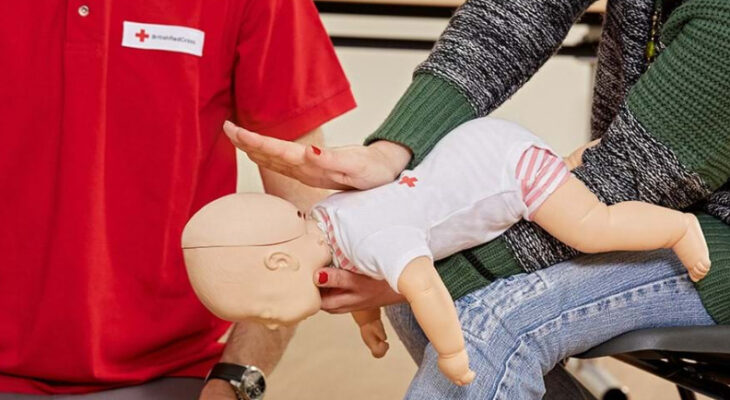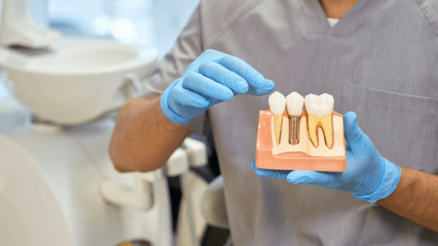Becoming a parent is a transformative journey filled with joy, love, and new responsibilities. As expectant parents, you’ve likely spent time preparing the nursery, reading parenting books, and shopping for baby essentials. However, one aspect that should be considered is taking a first aid course for babies. While it’s natural to focus on the happiness that a new addition brings, it’s equally essential to be prepared for potential emergencies. This article explores why a baby first aid course is a must for parents-to-be. From basic life-saving skills to handling common infant accidents, this course equips you with the knowledge and confidence needed to keep your little one safe.
Immediate Response to Emergencies:
Accidents and emergencies can happen at any time, even in the safety of your home. Babies are particularly vulnerable, and knowing how to respond promptly can make all the difference. A first aid course for babies teaches you essential life-saving techniques, including infant CPR and how to clear an obstructed airway. These skills can be critical in situations where every second counts, such as choking or sudden cardiac arrest.
Preventing and Treating Common Injuries:
Babies are naturally curious and can get into unexpected situations that may result in injuries. From minor cuts and scrapes to burns and falls, a first aid course equips you with the knowledge to assess and provide immediate care for common injuries. Learning how to clean and dress wounds properly, apply bandages, and recognise signs of infection ensures your baby receives the best care possible.
Recognising Allergic Reactions:
Food allergies and allergic reactions can develop at an early age, making it crucial for parents to be able to recognise the signs and respond appropriately. A baby first aid course educates you about the symptoms of allergic reactions and how to administer epinephrine using an auto-injector, which can be a lifesaver in severe cases.
Managing Febrile Seizures:
Febrile seizures, while often harmless, can be frightening for parents. These seizures can occur when a baby’s body temperature spikes due to illness. A first aid course teaches you how to respond to febrile seizures, ensuring your baby’s safety while you seek medical attention.
Handling Burns and Scalds:
Babies are curious about their surroundings, which can sometimes lead to accidents involving hot liquids or objects. Knowing how to provide immediate care for burns and scalds, such as cooling the affected area and covering it appropriately, can minimise pain and reduce the risk of infection.
Dealing with Poisoning:
Accidental poisoning is a concern for parents of young children. Babies may ingest harmful substances within their reach. A first aid course will educate you on how to recognise the signs of poisoning and provide appropriate first aid while waiting for professional medical help.
Understanding Infant CPR:
Infant CPR is a crucial skill that can save a baby’s life in emergencies. Knowing how to perform chest compressions and rescue breathing on an infant can mean the difference between life and death. A first aid course provides hands-on training and guidance on performing CPR effectively and safely.
Gaining Confidence as a Parent:
Parenthood can be both rewarding and challenging. Knowing that you have the skills to respond to emergencies and provide essential care to your baby can boost your confidence as a parent. A first aid course for babies not only equips you with practical skills but also instals the assurance that you can handle unexpected situations effectively.
Conclusion:
From life-saving techniques like infant CPR to handling common injuries and recognising allergic reactions, a baby first aid course equips you with the tools to provide immediate care when it matters most. It’s a valuable investment in your baby’s safety and your peace of mind as a parent. So, as you prepare for the arrival of your little one, consider enrolling in a first aid course for babies—it’s a decision that can empower you with the confidence and readiness needed to navigate the challenges and joys of parenthood.





